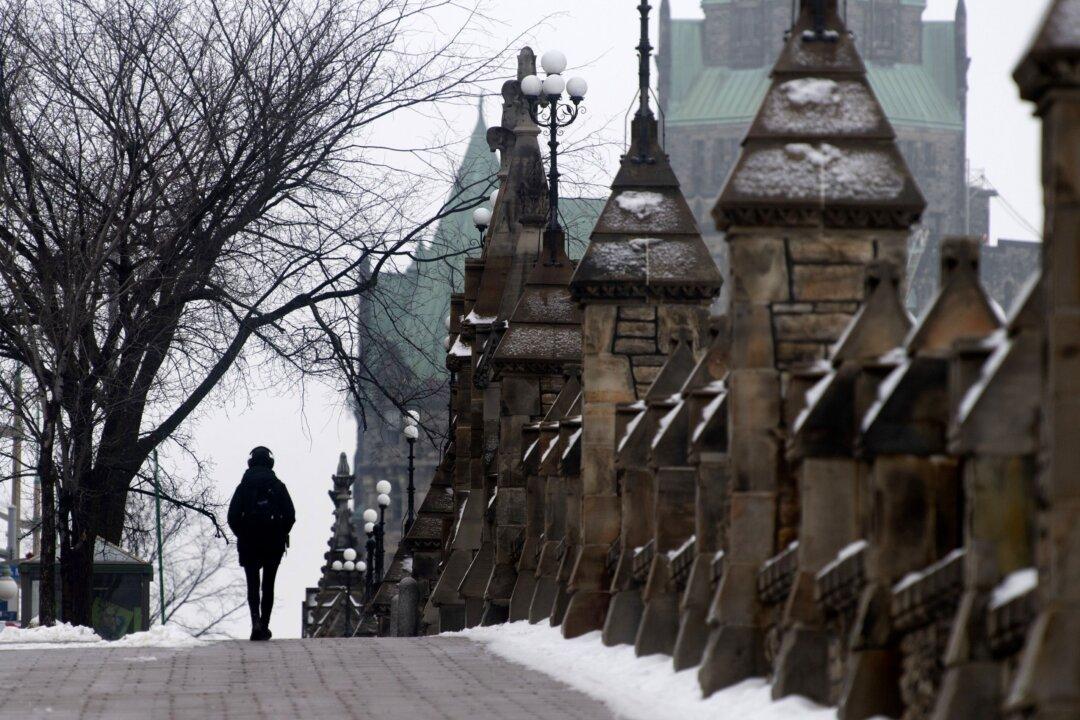Commentary
Habits matter. Good ones can help us by standardizing useful behaviours, but others can hurt by entrenching practices we possibly shouldn’t be doing. And ask any nail-biter how easy it is to break a habit.

Habits matter. Good ones can help us by standardizing useful behaviours, but others can hurt by entrenching practices we possibly shouldn’t be doing. And ask any nail-biter how easy it is to break a habit.